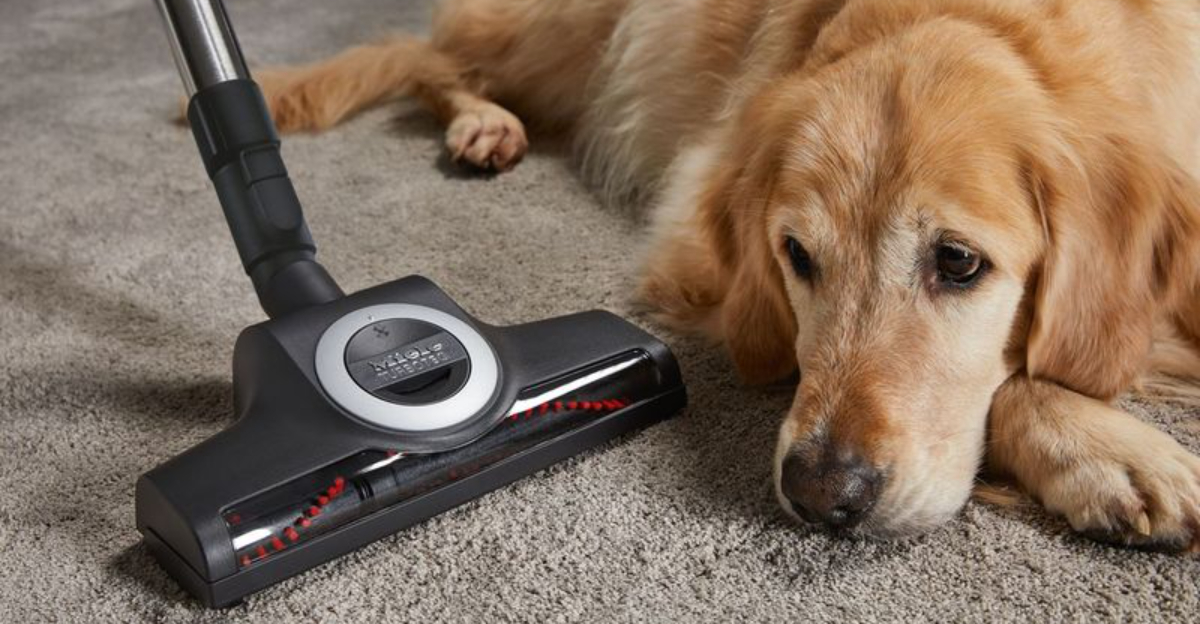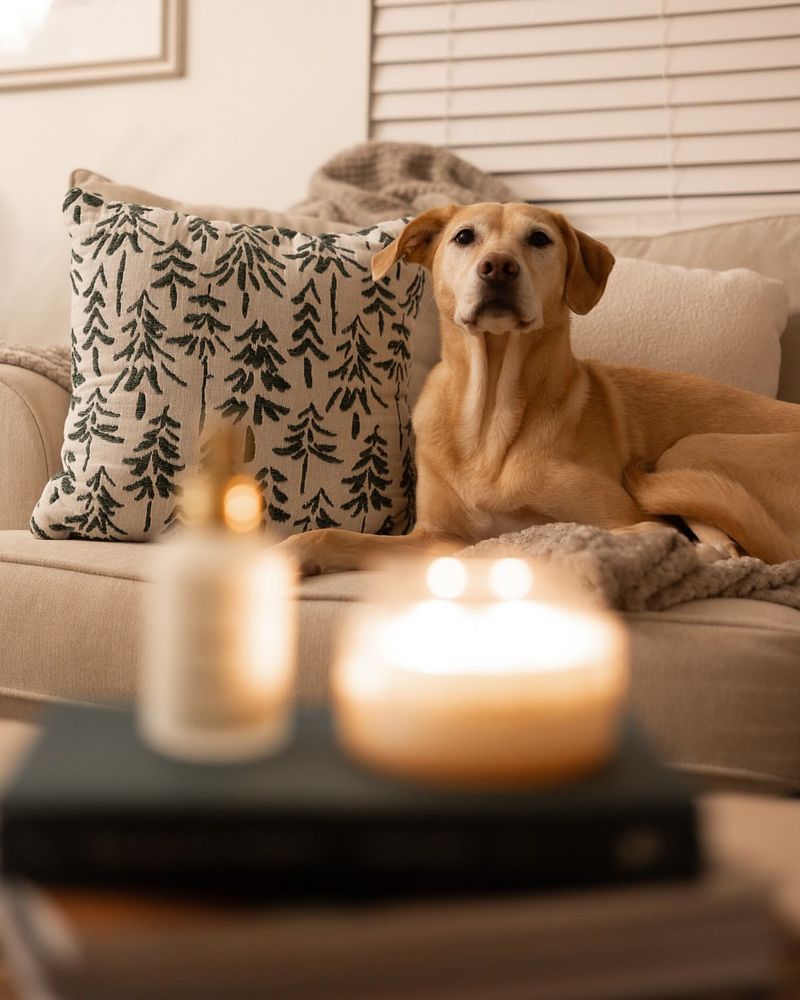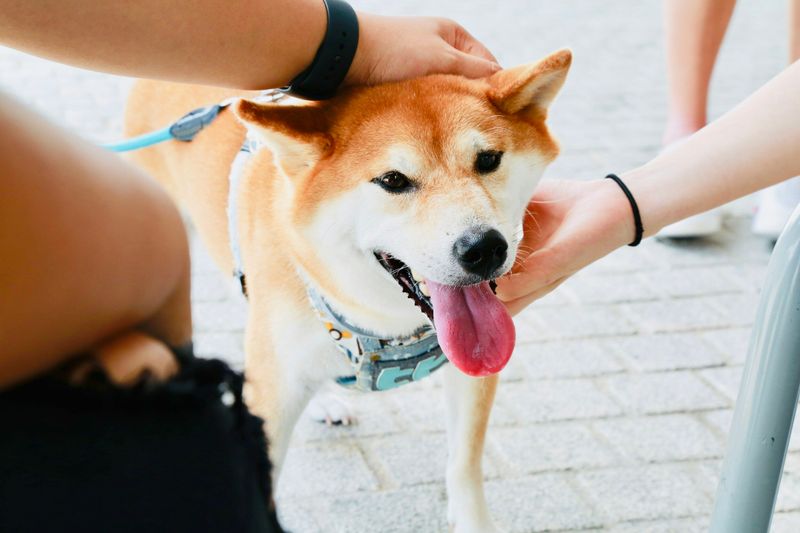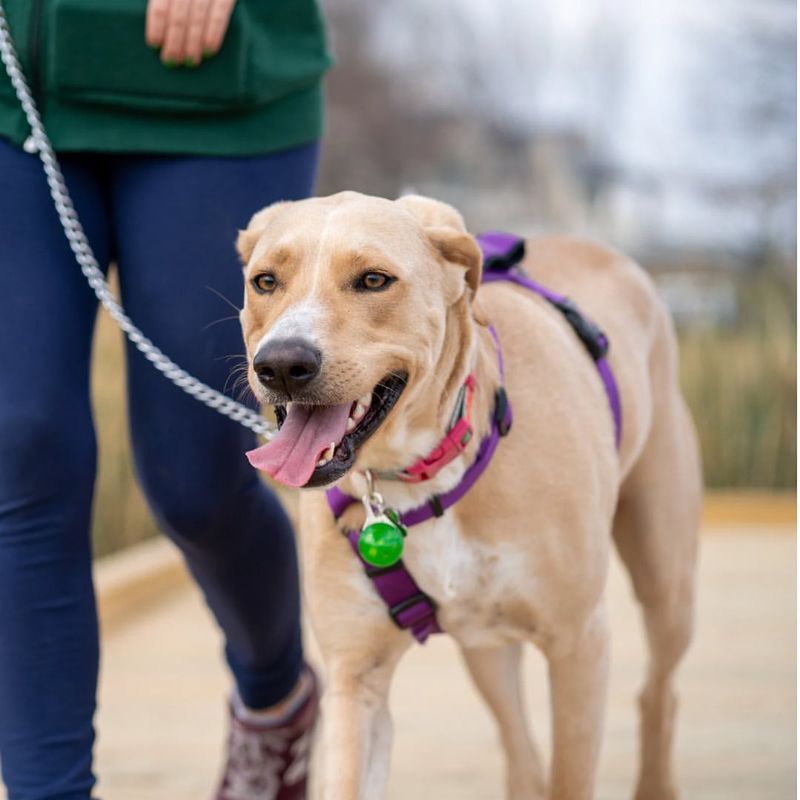📖 Table of Content:
Dogs enrich our lives with love and loyalty, but even the most devoted pup can get annoyed by certain human habits. Recognizing these behaviors helps foster a happier, healthier relationship. Small adjustments can make a big difference in your dog’s comfort and trust.
From inconsistent routines to excessive hugging, many common actions can unintentionally stress dogs out. Paying attention to their body language and respecting their boundaries can prevent frustration. By tuning into their needs, we create a more harmonious living environment.
This list of 9 common mistakes offers insights into how to better care for your dog. Strengthening your bond through understanding and empathy ensures a happier, more relaxed companion. A little awareness goes a long way in keeping your furry friend content and secure.
1. Using Strong Scents
Many dog owners love filling their homes with scented candles, air fresheners, or perfumes. However, dogs have a much stronger sense of smell than humans. This means that what smells pleasant to you might be overwhelming to them. When using strong scents, always consider your dog’s comfort.
Try to use lightly scented or unscented products, especially in areas where your dog spends most of their time. Engaging in this small adjustment can make a big difference in your dog’s comfort and overall happiness.
2. Inconsistent Routine
Dogs thrive on routine. It gives them a sense of security and predictability in their daily lives. When their schedule is frequently changed, it can cause anxiety and stress. Try to maintain a consistent routine for feeding, walking, and playtime.
By sticking to a schedule, you help your dog feel more secure and relaxed. This predictability in daily activities can lead to a happier and healthier pet.
3. Loud Noises
With their keen sense of hearing, dogs often find loud noises like vacuum cleaners or blaring music distressing. Everyday sounds that seem harmless to us can feel overwhelming to them, underscoring the importance of creating a peaceful space where they feel safe and comfortable.
Try to create a quieter environment, especially if your dog seems anxious during certain activities. If you must use noisy appliances, consider keeping your dog in a different room or providing them with a calm, quiet space to retreat to.
4. Inadequate Socialization
A well-socialized dog thrives with confidence and ease, while lack of exposure to new experiences can lead to anxiety or fear. Introducing dogs to various environments, people, and animals early on nurtures their mental health and fosters a balanced, happy companion.
Introduce your dog gradually to different environments, people, and other animals. Regular visits to the dog park or neighborhood walks can help. Building positive experiences with varied social interactions enriches your dog’s life and helps them become more confident and well-adjusted.
5. Ignoring Body Language
Through every wag, tilt, and glance, dogs communicate their emotions and intentions. Missing these signals can lead to confusion or stress, but by paying attention to their body language, we foster understanding and build a stronger, more trusting relationship.
Learn to recognize signs like tail wagging, ear positions, and posture to understand your dog’s feelings better. Being attentive to these cues allows you to respond appropriately, ensuring your dog feels heard and respected.
6. Improper Leash Handling
While walking on a leash is necessary, improper handling can be uncomfortable for your dog. Holding the leash too tightly or pulling can cause distress. Always give your dog some slack to explore while maintaining control. Positive reinforcement techniques can also encourage better walking behavior.
Remember, walks should be enjoyable for both you and your dog, so practice patience and gentle guidance.
7. Lack of Mental Stimulation
A stimulated mind is just as vital as an active body for a dog’s happiness. Without engaging activities, boredom can set in, often leading to destructive behaviors. Regular play, training, and interactive challenges keep their minds sharp and spirits high.
Introduce puzzle toys, training exercises, or interactive play to keep their minds active. Regular challenges can enhance your dog’s cognitive skills. Providing mental enrichment ensures a more content and well-behaved pet, ready to tackle new adventures.
8. Overexcitement During Greetings
Greeting your dog with too much excitement can lead to unwanted behaviors like jumping. Dogs mirror our emotions, so calm greetings encourage calmer responses.
Instead, try greeting your dog with calm energy, waiting for them to settle before showing affection. This approach teaches your dog self-control and helps them greet others more politely.
9. Skipping Daily Walks
Daily walks are essential for a dog’s physical health and mental happiness. Skipping walks deprives them of exercise and exploration opportunities.
Make an effort to provide daily walks, even if they’re short. This routine is crucial for their well-being. Regular exercise helps to maintain a healthy weight, reduces boredom, and strengthens the bond between you and your furry friend.









